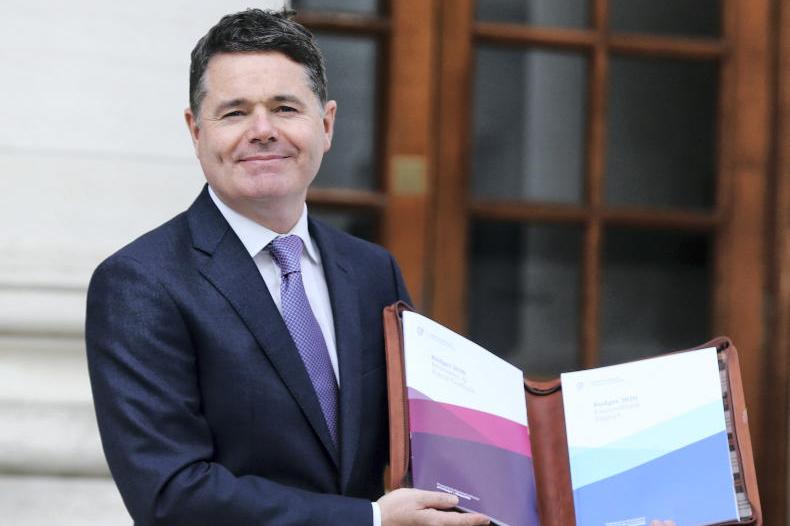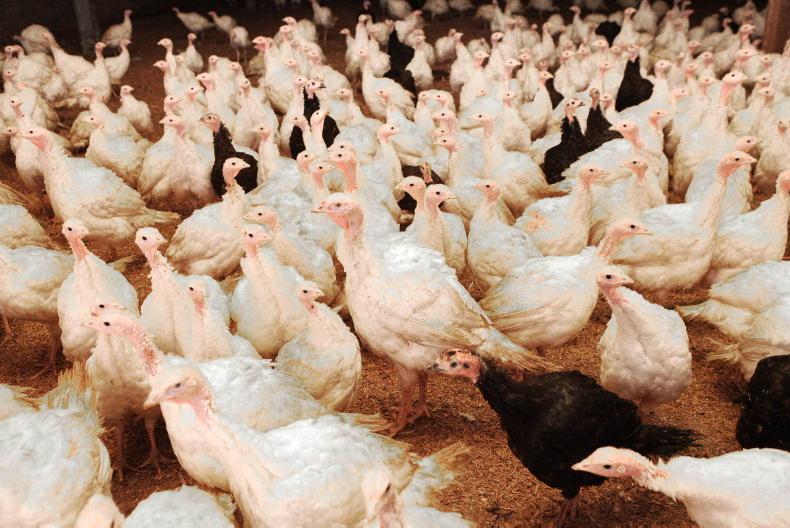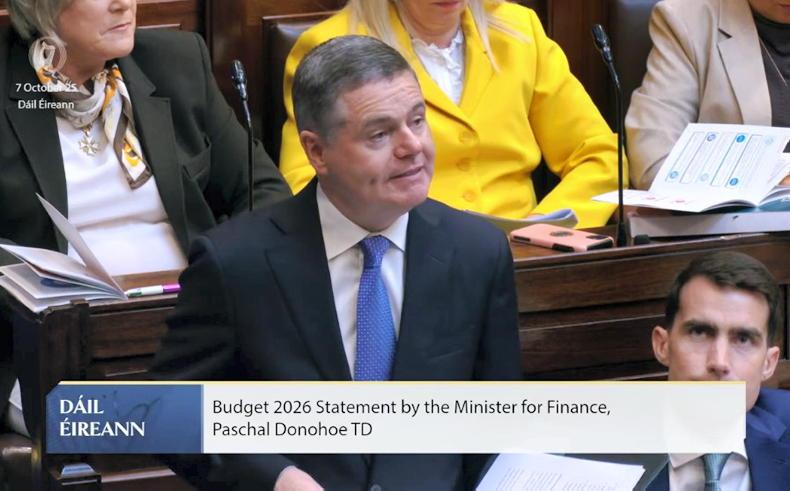In its summer economic statement (SES), the Government has warned that it is unable to fully offset the impact of inflation on the economy.
It says that it is working to find a “balance between providing support and not adding to inflation”.
The SES suggests that Budget 2023 will focus on the rising cost of living with an overall package to address this issue of €6.7bn.
This will be made up of an additional €5.65bn in public spending and taxation measures which will amount to €1.05bn. Overall, the Government says its core spending will increase by 6.5% in 2023.
Budget 2023 will be announced on 27 September 2022, two weeks earlier than planned.
Minister for Agriculture Charlie McConalogue will outline a budget for his Department for 2023 following the initial economy-wide announcement by Minister for Finance Paschal Donohoe and Minister for Public Expenditure Michael McGrath.
Rising inputs
The SES outlook for the economy over the medium term warns that a sustained increase in whole economy input costs could do lasting damage to potential output.
While not specific to agricultural inputs, the SES references the impact of the war in Ukraine and the reduction in the supply of energy products, raw materials and foodstuffs as having “magnified” the “imbalance” between demand and supply.
It says such an imbalance has “given rise to rates of consumer price inflation not seen since the 1970s”.
“Some of Ireland’s key trading partners are highly reliant on Russia and Ukraine for various raw materials and inputs into the production process.
"The jump in commodity prices, and the possible disruptions to production, are weighing on demand in these markets, with economic projections in most advanced countries being downgraded in recent months,” the SES stated.
However, Government insists its Budget 2023 will help with higher commodity prices, but not add to further inflation.
Brexit Adjustment Reserve
The SES also referenced the financial support Government is providing through the European Union (EU) Brexit Adjustment Reserve (BAR).
This fund provides a €1.1bn allocation to Ireland to deal with the adverse consequences of Brexit.
The eligibility period for expenditure runs from 1 January 2020 to 31 December 2023 and the Government has assumed that €500m of the overall BAR allocation will be made available in 2022, with the remainder available in 2023.
While the Government says funding under the BAR will be used to support enterprise supports including targeted supports for the agri-food sector, it is understood much of the allocation to the Department of Agriculture, Food and Marine will go to the fisheries sector.









SHARING OPTIONS